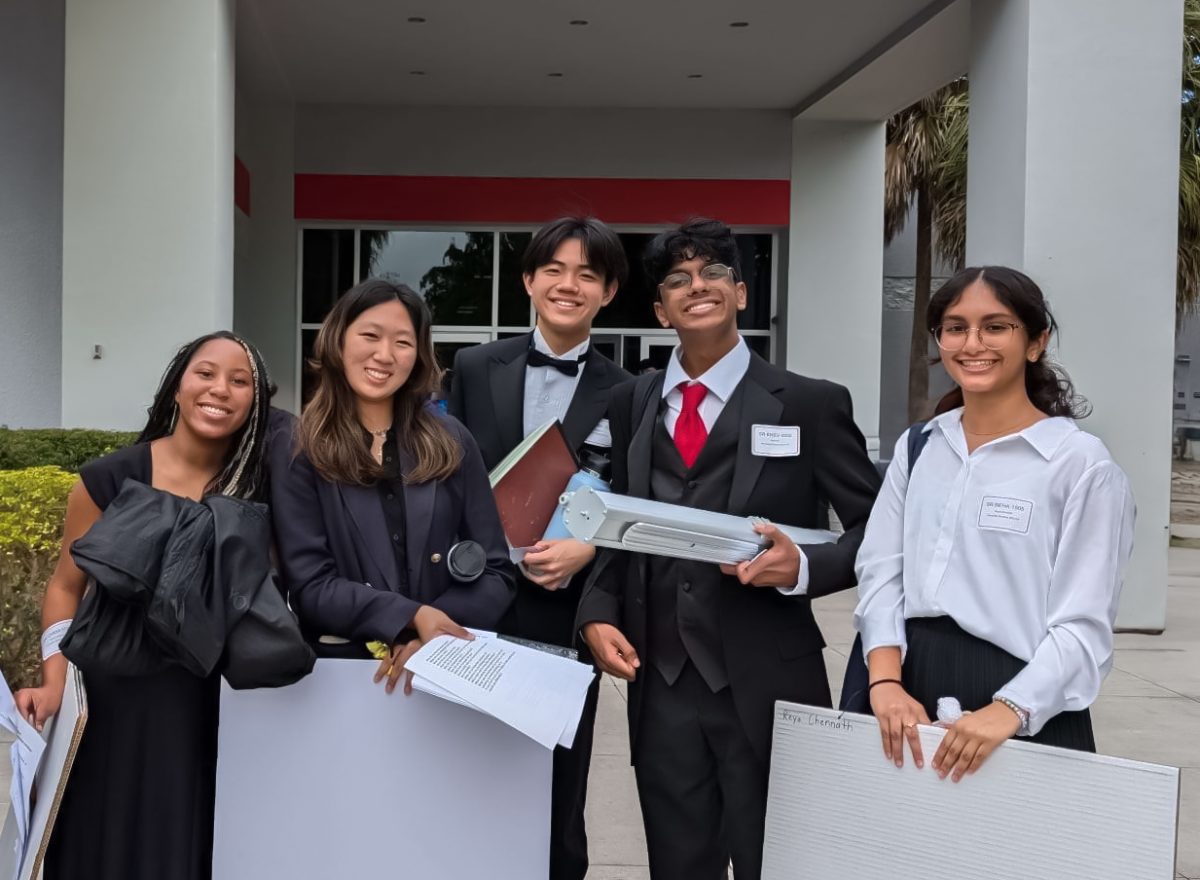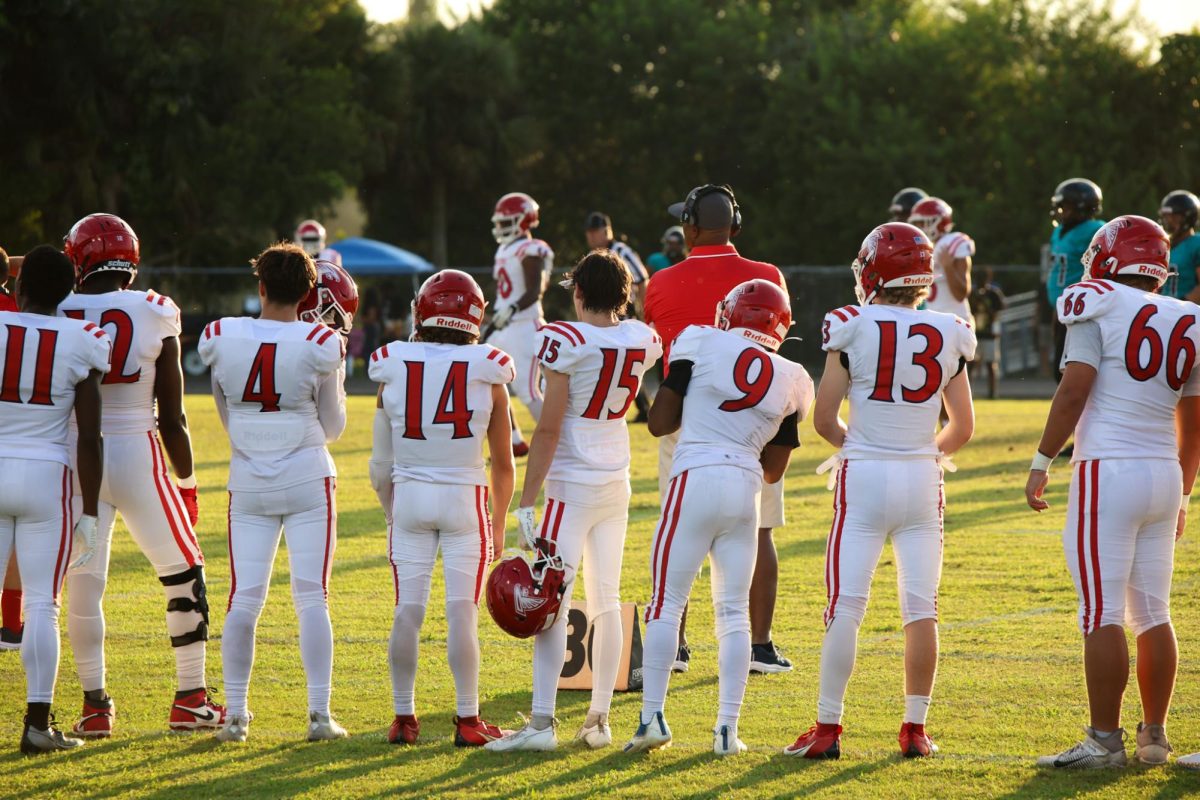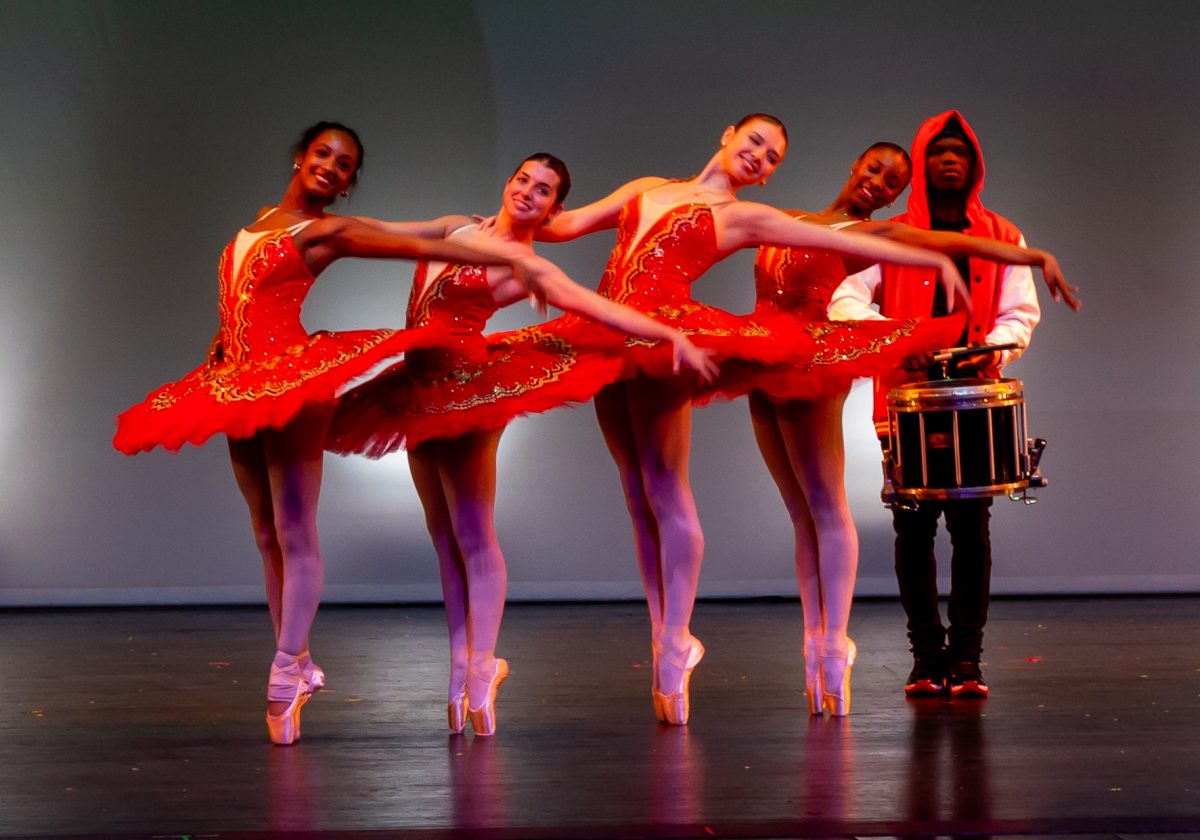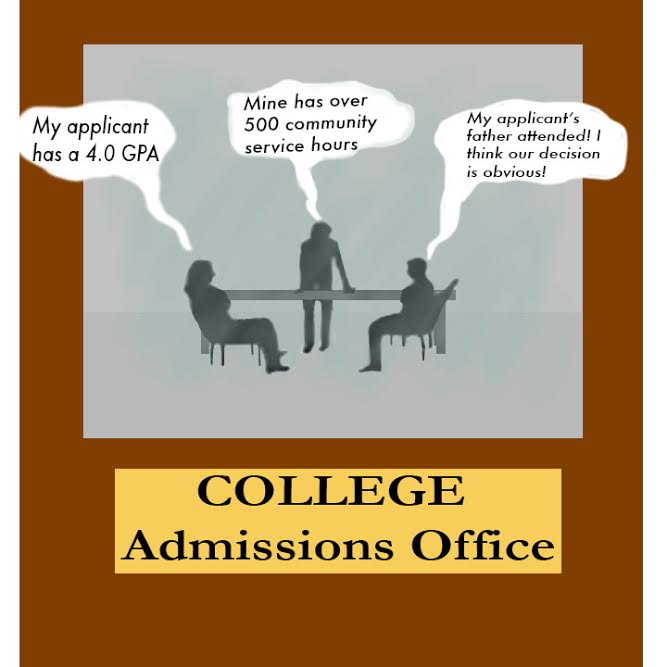“Oh, you’re a Beer?”
This is a phrase I am too used to hearing. From tutors to teachers, and everything in between, when an adult speaks to me, they first think of my older brothers. Frankly, I’ve always been a more polite student than either of them, so my teachers are usually pleasantly surprised. It never occurred to me that someone who knows my family could actually have a dramatic positive effect on me, but that’s the premise of legacy in college admissions.
At select colleges and universities, if one has family that has attended, they will be given a slight edge over someone that has the same application but no connection to the institution. Legacy is widely talked about, while its original intent was to pull in students that already qualified to be accepted and had family ties, it has become a crutch for applicants that are fortunate enough to have a family member that attended. Factoring legacy into admissions is a good idea in theory- the logic behind it is that a college will accept who they think is most likely to graduate and make good use of their resources. This logic, however is flawed, because with the college application comes undeserved preferential treatment.
In the Ivy Leagues, where tradition is highly valued, legacy is seen as another facet of what makes these universities so elite. Harvard says its traditions “serve as the foundation for the undergraduate experience.” This experience, an amazing and important feat to achieve, is often made unattainable by tradition. Not tradition like University of Pennsylvania students throwing toast at sports games, or Columbia students blaring marching band music while studying for exams, but traditions like family legacy.
An article by John Brittain of the New York Times brings up an important point: legacy hurts diversity on college campuses. Affirmative action does try to remedy this problem, however legacy makes college admission more accessible to the already privileged. Also, minorities still often feel they have a less reachable trajectory. Many claim that legacy is a sneaky form of discrimination. This claim is not completely unfounded, seeing that the demographic in legacy admissions is predominantly white due to old university biases.
College admissions are often looked at on a large scope: what’s the effect on the college campus? Standing in your family’s shadow isn’t conducive to learning or growing, and doing it in something as monumental as going to college can be detrimental. The very significance of college is beginning an independent life, but is it truly independent if what gets a person there is their last name?










![[BRIEF] The Muse recognized as NSPA Online Pacemaker Finalist](https://www.themuseatdreyfoos.com/wp-content/uploads/2025/03/IMG_2942.jpeg)


















































Charles DeGraw • Sep 12, 2016 at 11:26 pm
This was a phenomenally well written article that expresses a taboo subject that is often untouchable. Well done. Keep up the great work.
Kavi Chigurupati • Sep 12, 2016 at 10:36 pm
wow i love gen beer,
this is good I enjoyed it 10/10 would read gib beer’s op ed once more bravo jelly beer bravo